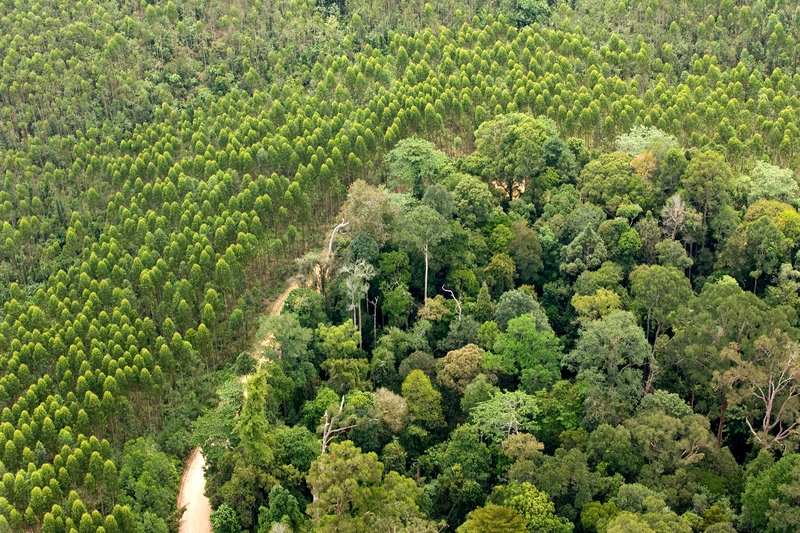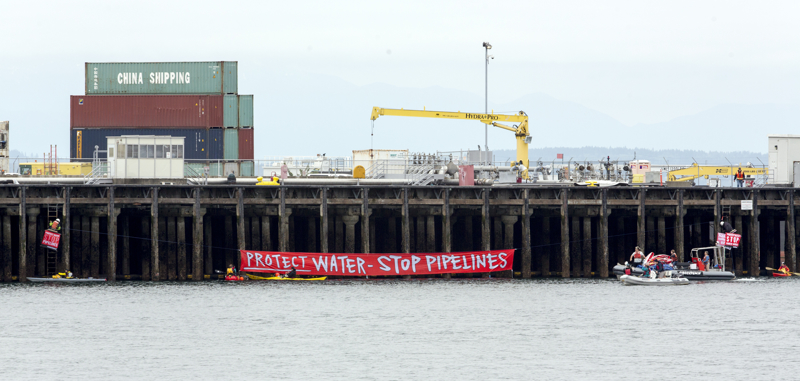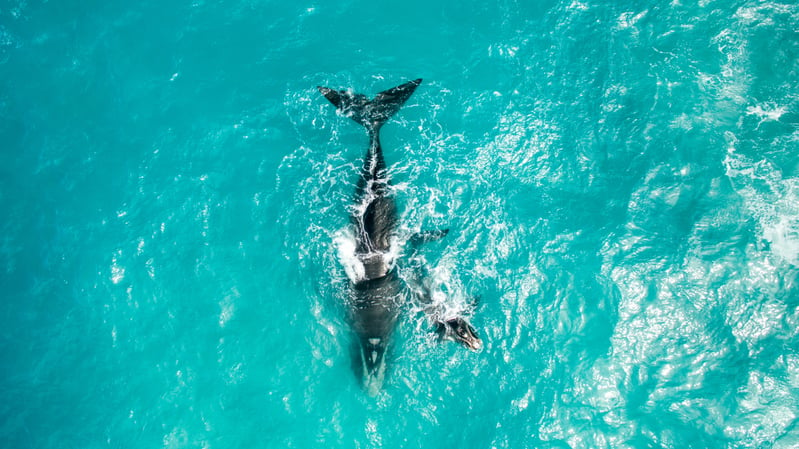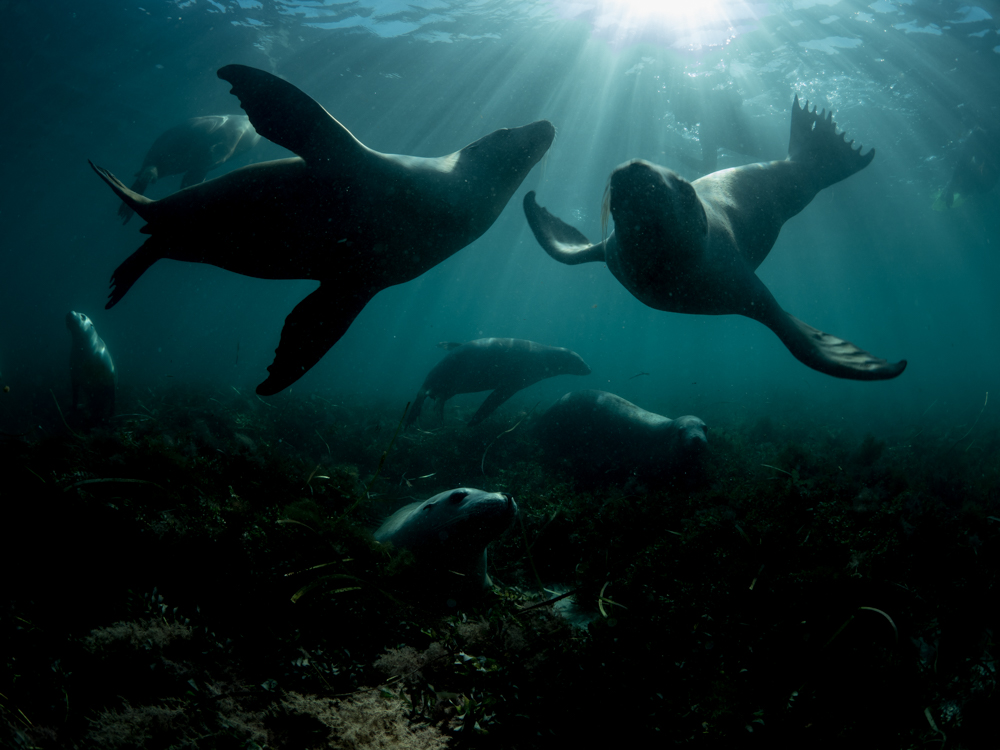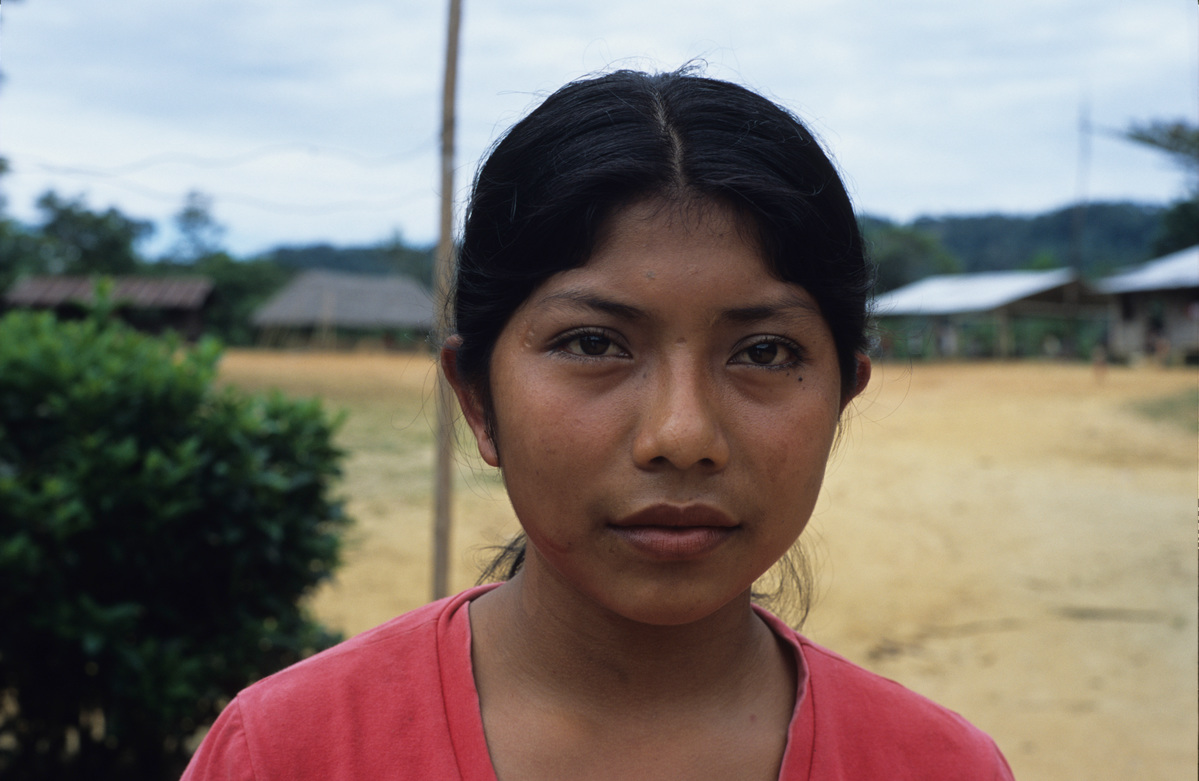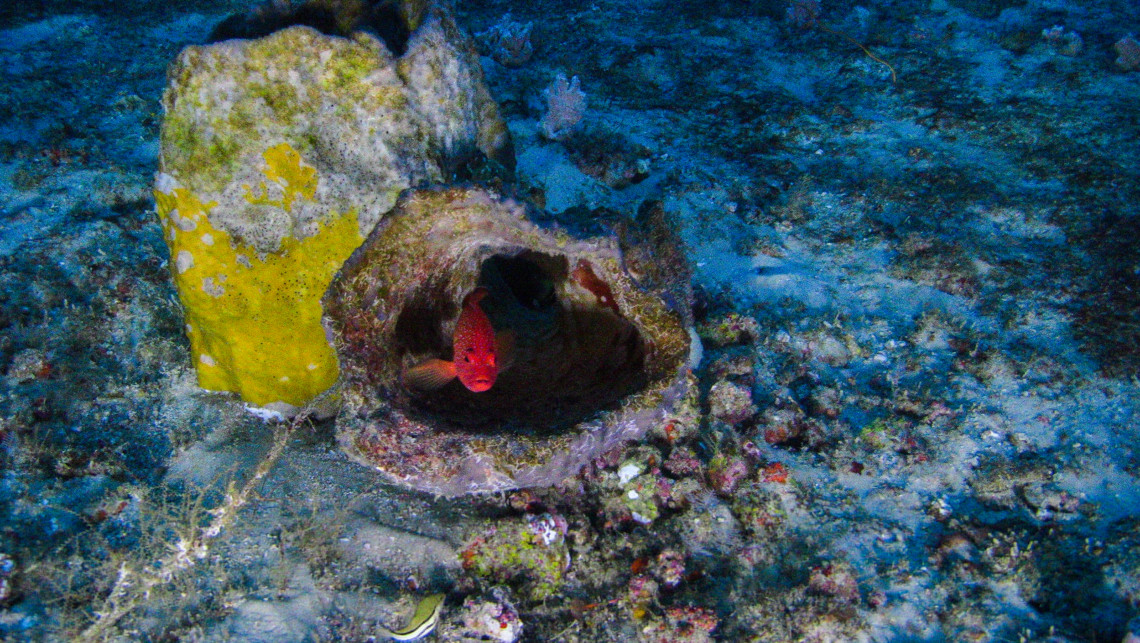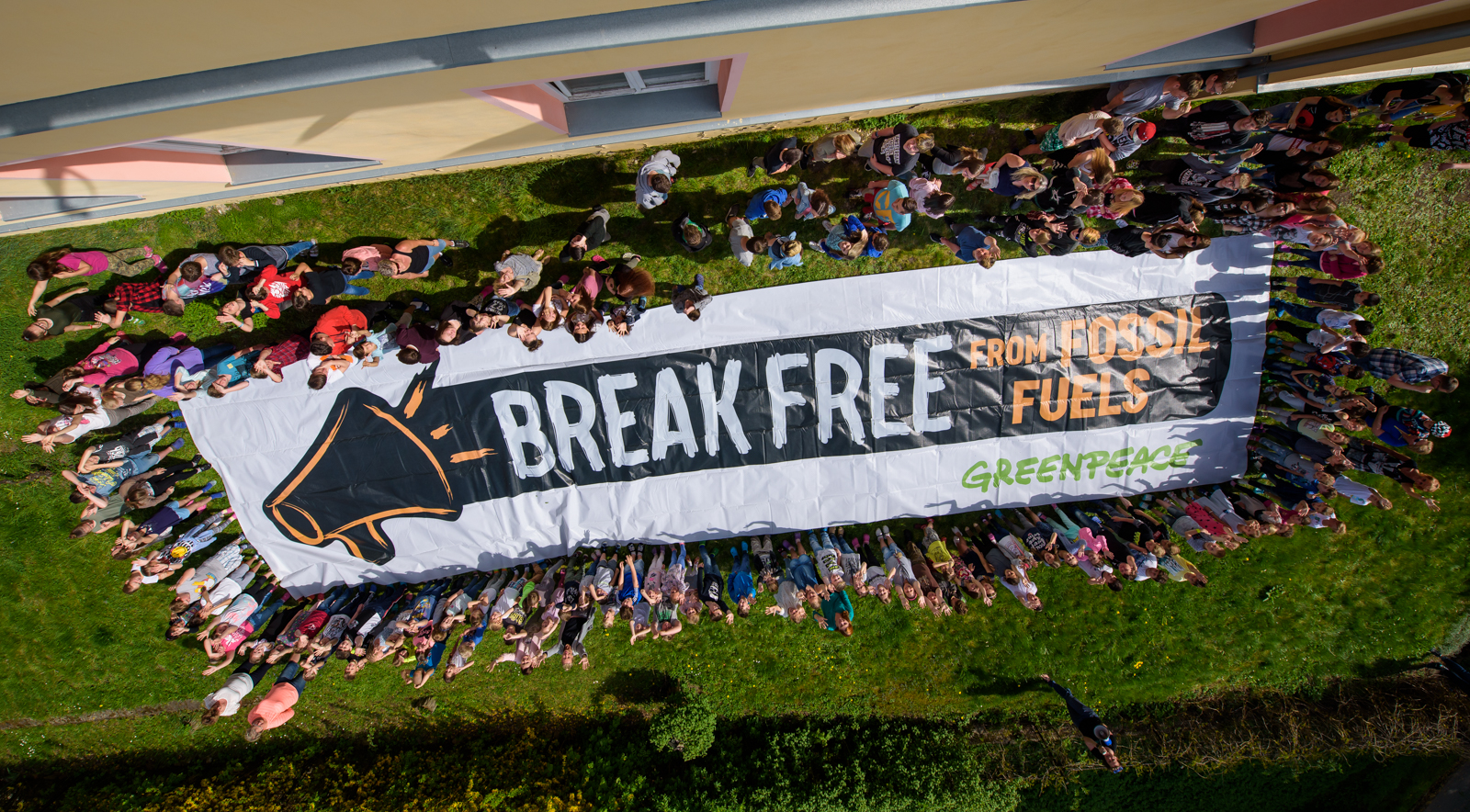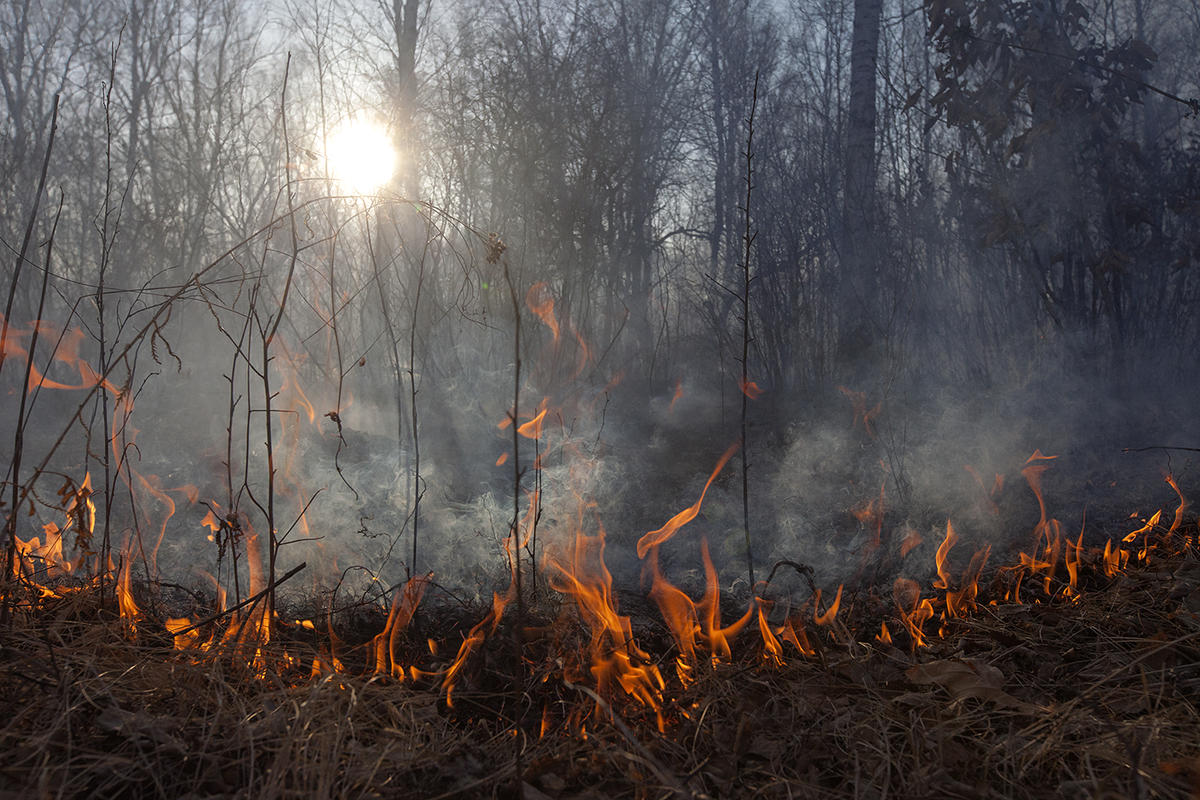-
5 things every forest-lover needs to know about Sprite
Sprite claims to care about sustainability, but did you know the company has been linked to illegal deforestation in Argentina? Here's what you need to know — and what you can do to stop it.
-
Greenpeace slams APP/Sinar Mas over links to deforestation, ends all engagement with company
“In 2013 the company committed to end its role in deforestation and introduced new conservation commitments. Progress since then has been mixed and it is now in jeopardy due to links to ongoing rainforest destruction,” said Kiki Taufik, Global Head of the Indonesia forests campaign at Greenpeace Southeast Asia.
-
Greenpeace USA and Mosquito Fleet activists block oil barge from entering Kinder Morgan’s Seattle facility
“We’re taking action today to protect our waters, our communities and our climate from Kinder Morgan,” said Mosquito Fleet kayaktivist and local resident Kara Sweidel.
-
Statoil’s name change to ‘Equinor’ must be more than greenwashing – Greenpeace
“Statoil is removing the ‘oil’ from their name at the same time they are trying to add risky Australian deepwater drilling projects to their portfolio and expand into the pristine Arctic waters of the Barents Sea,” said Peter Clements, the mayor of Kangaroo Island, situated in the Great Australian Bight.
-
Underwater love: Why I’m in the fight for the Great Australian Bight
These are some of favourite images from my exploration of one of the most biodiverse ecosystems in the world.
-
Chevron’s SLAPP suit against Ecuadorians: corporate intimidation
SLAPP suits are "...an attempt to silence, vilify, and criminalize activism.”
-
Greenpeace discovers Amazon Reef extends to French Guiana waters
“This is breaking news. With the strong currents present in the region, an oil spill from Total’s project in Brazil could reach and damage the reef found in French waters. If the French government truly intends to be an international leader of environmental protection, it must take on the principle of precaution and protect French…

